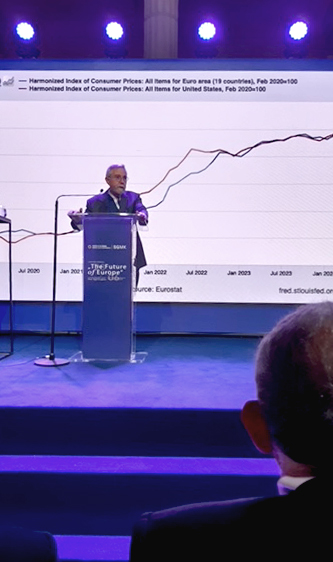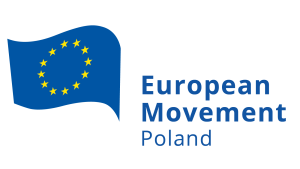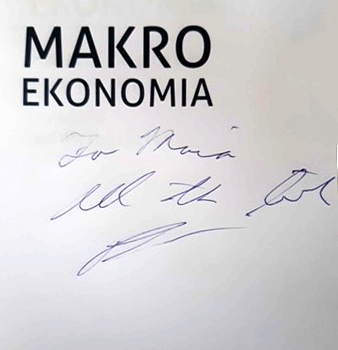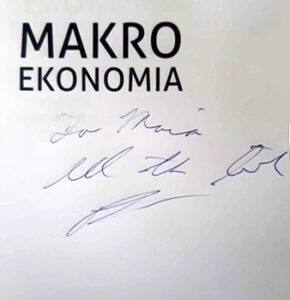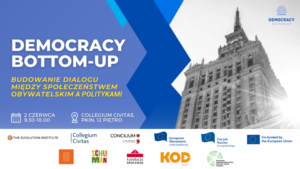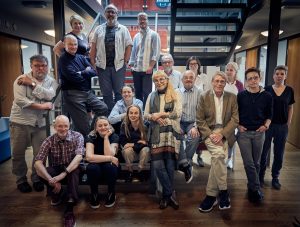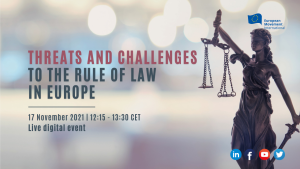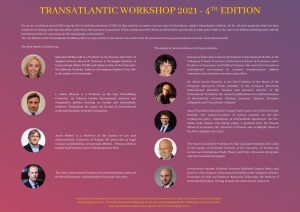Contemporary Europe, organized in the European Union and focused on working at its foundations and consisting in ensuring prosperity and stability for its citizens, rarely deals with the perception of its achievements. The success of European integration is appreciated by the Americans, who have been carrying out their arduous unification task for over two hundred years. Professor Paul Krugman is one of those outstanding American economists who saw the strength of peaceful cooperation between EU countries and the opportunities for their development thanks to trade despite the economic similarities of their economies. As the Nobel laureate emphasizes in his analyses, countries have used similarities to create European added value. Observations, which took the form of a theory called the new economic geography, won Krugman the Nobel Prize in Economics in 2008.
Today, in 2024, that award, becoming the basis for an avant-garde approach in economics, gained a new philosophical dimension also thanks to the appreciation of Polish researchers from the Nicolaus Copernicus Superior School in Warsaw (SGMK). Their observations of the impact of Krugman’s work on the stability of the peacefully developing EU economy were made during the Futurist of The Year 2024 scientific congress (#FOTY 2024) held in SGMK on April 15. It was then that the Nobel Prize winner was honoured with a miniature of the Copernican model of the Ring Astrolabe, i.e. the instrument, thanks to which Copernicus determined the position of celestial bodies above the horizon. Paul Krugman – who weighs up geographic relations between EU states from an economic horizon – received his award in person on June 28. In April, on behalf of the Nobel Prize laureate, it was accepted by the Polish economist Professor Konrad Raczkowski (SGMK). The June event – which was inaugurated by a lecture given by Professor Fabrizio Giulimondi, the current rector of SGMK – was observed by a group of invited economists, including the undersigned representative of the board of the ZS FRE.
Let us recall that the European integration project, initiated shortly after World War II, aroused fascination and disbelief at the same time from the very beginning. Fascination was already evoked by the first effects of the project, which quickly showed that cooperation between countries feuding over the years brings not only important results in the form of their development and economic renewal, but also important parallel political effects in the form of resurgent cooperation. Unbelief, appearing against the background of fears about the possibility of systematic implementation of the idea of European integration, sometimes returns deus ex machina. Today, however, as after the war, the main strength of the EU remains its power of a “better argument” also applied to belligerent opponents or political competitors. This is evidenced by the EU’s massive $105.84 billion in financial aid to Ukraine (UE, 03.2024), which has been fighting Russia since February 24, 2022.
Poland plays an important role in this context. If it started extracting its huge gas reserves soon, it could quickly become a wealthy state, according to Krugman’s cautious estimates. It would be a country that actively contributes to strengthening the power of the European Union. However, according to prof. Yochanan Shachmurove (the City College of New York), it is the approach to using the innovation and export potential of the Green Economy that will determine the economic future of Poland. The concept was justified by prof. Konrad Raczkowski, however, in the context of possible cooperation with China. Thus, these three divergent ideas pictured by three great economists set a difficult objective for a state to choose its own developmental niche.
Maria Dunin-Wąsowicz, PhD,
deputy president of the board of the ZS FRE
